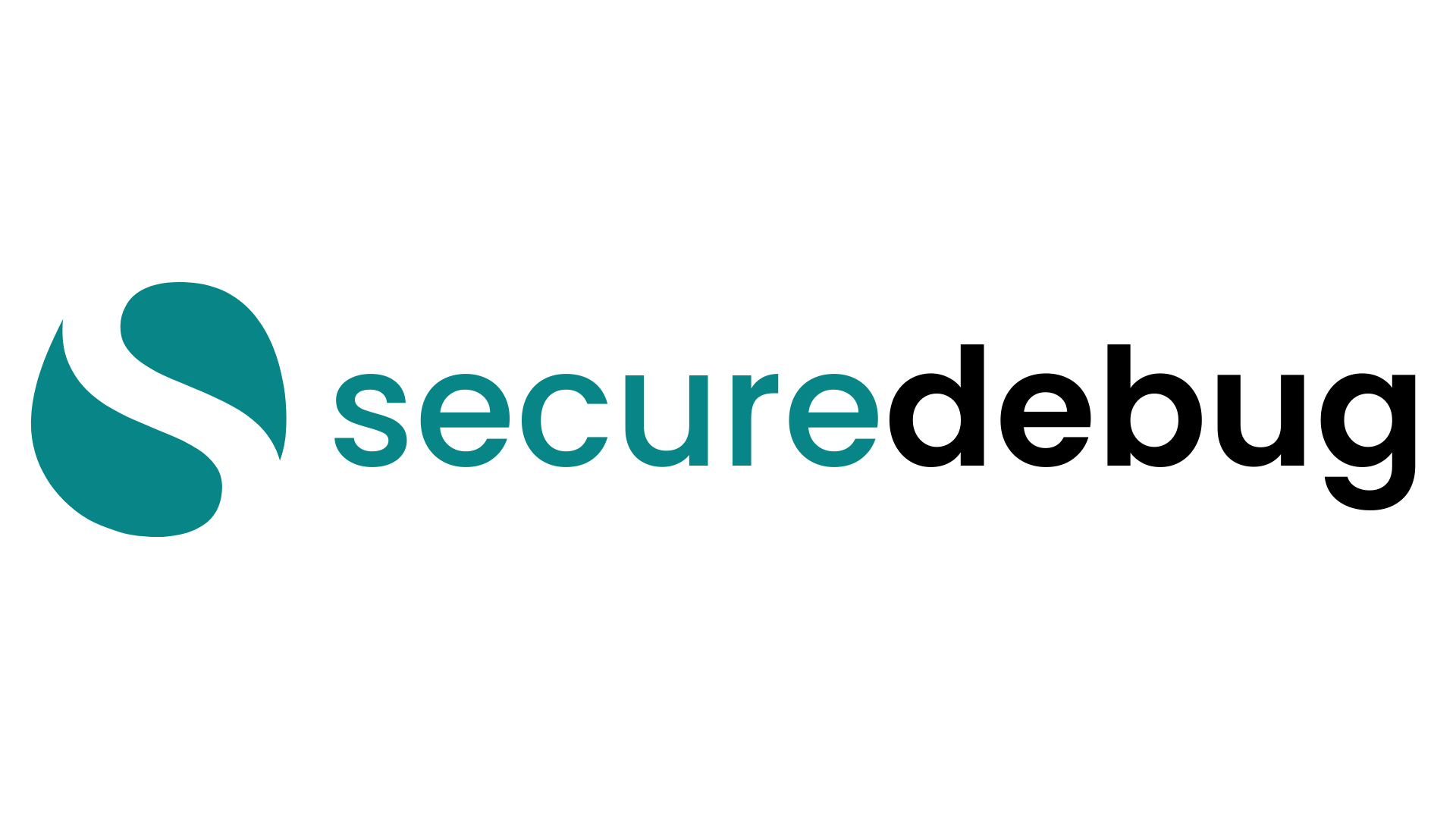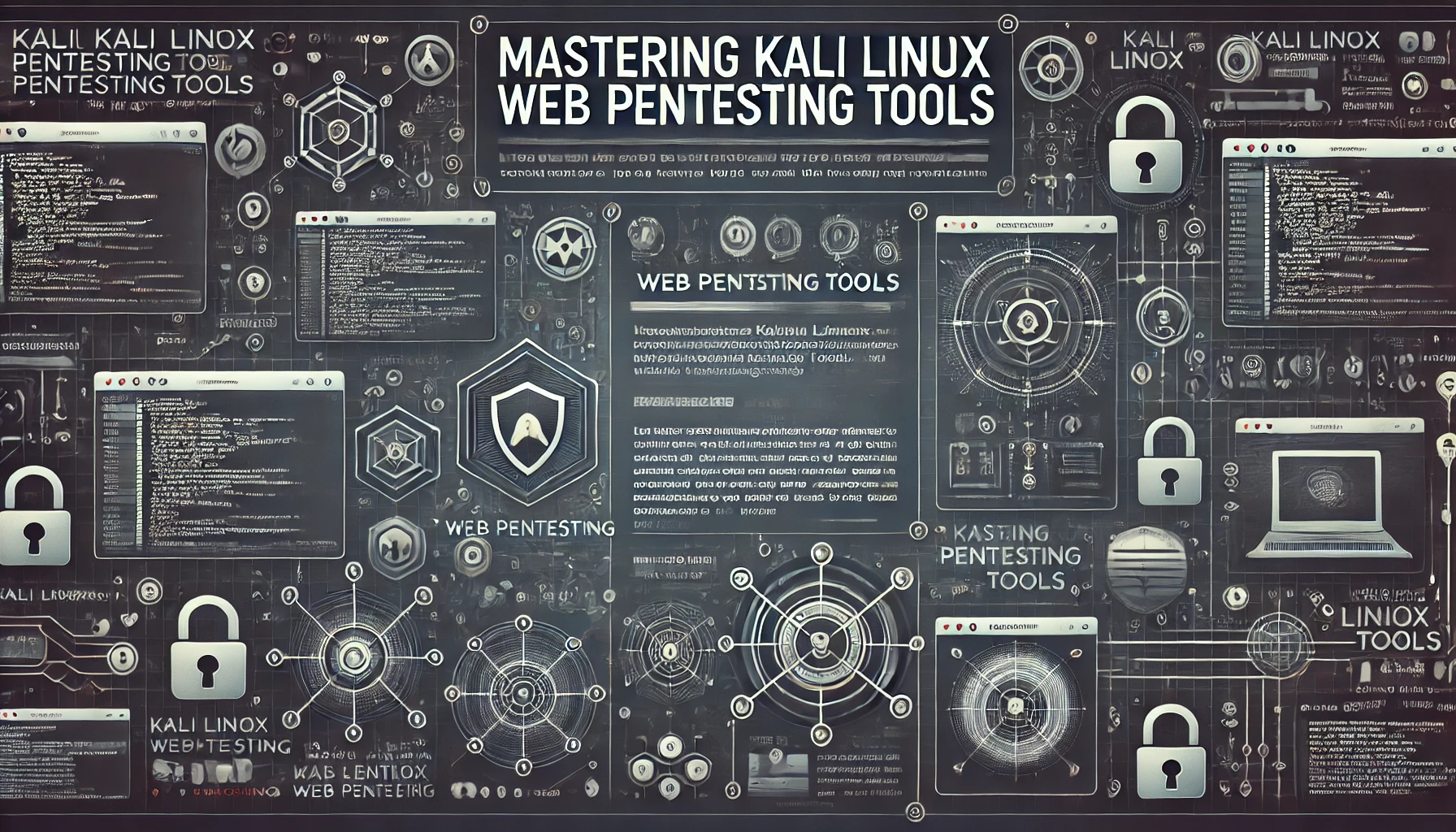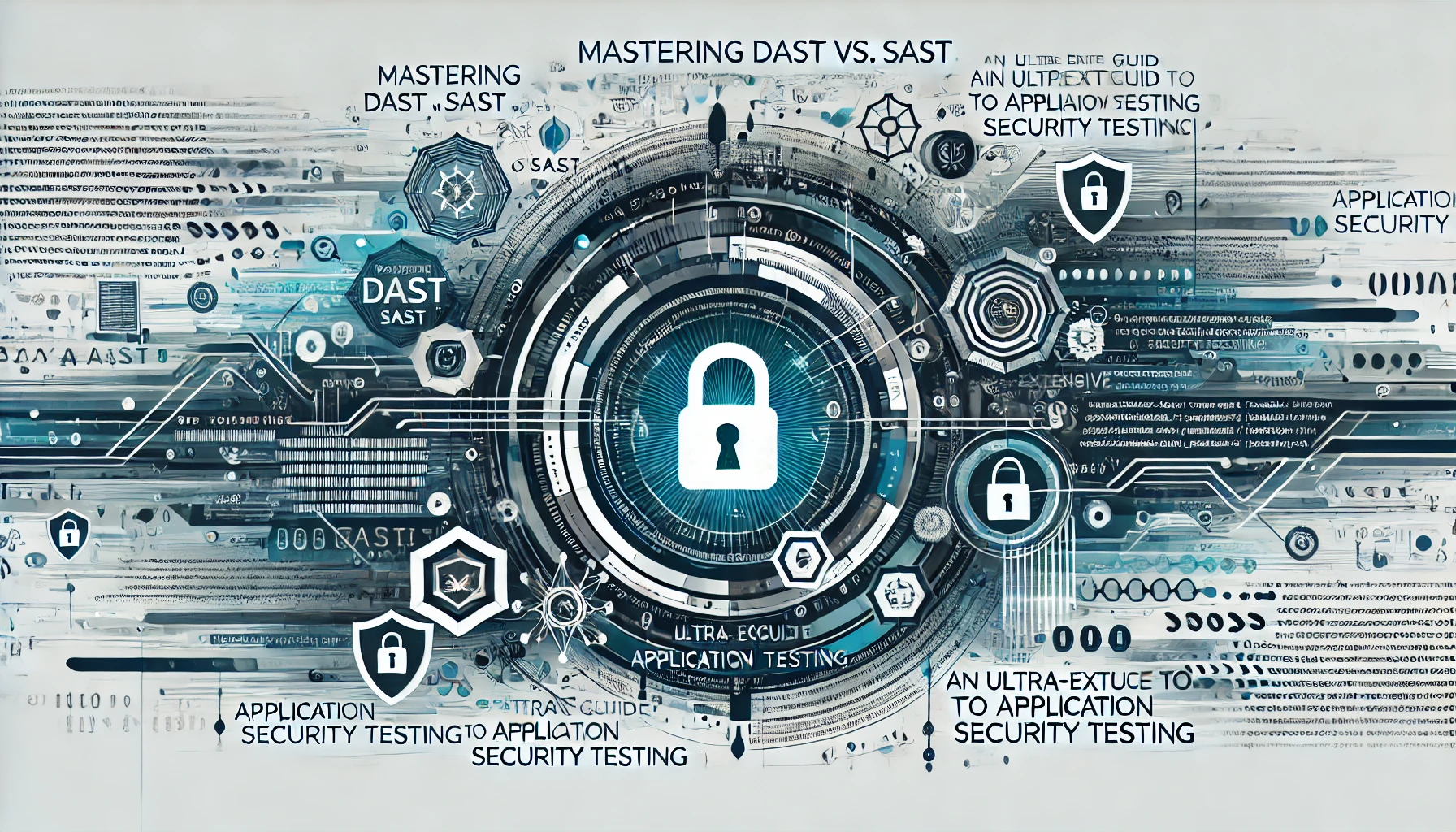
As technology continues to advance, the need for strong cybersecurity measures has become more critical than ever. Ethical hacking, also known as penetration testing or white hat hacking, plays a crucial role in safeguarding our digital realm. In this blog post, we will explore the world of ethical hacking, its importance, and how it helps protect organizations from malicious cyber threats.
Understanding Ethical Hacking
Ethical hacking involves authorized individuals, often called ethical hackers or penetration testers, who use their skills and knowledge to identify vulnerabilities in computer systems, networks, or software. Unlike malicious hackers, ethical hackers operate with permission and work to strengthen security defenses rather than exploit weaknesses.
These skilled professionals simulate real-world cyber-attacks to identify vulnerabilities and potential entry points. By mimicking the techniques used by malicious hackers, ethical hackers provide organizations with valuable insights into their security posture and help them proactively address vulnerabilities before they can be exploited.
The Importance of Ethical Hacking
As cyber threats continue to evolve, organizations must stay one step ahead to protect their sensitive data and critical systems. Ethical hacking offers several key benefits:
- Proactive Security: Ethical hacking helps organizations identify weaknesses and vulnerabilities before they can be exploited by malicious actors. By proactively addressing these vulnerabilities, organizations can significantly reduce the risk of a successful cyber-attack.
- Compliance Requirements: Many industries have specific compliance requirements that necessitate regular security assessments and penetration testing. Ethical hacking ensures that organizations meet these requirements and maintain a secure environment.
- Enhanced Incident Response: In the event of a cyber-attack, organizations with prior penetration testing experience can respond more effectively. Ethical hacking helps organizations develop robust incident response plans and strengthen their overall cybersecurity posture.
Types of Ethical Hacking
Ethical hacking encompasses various methodologies and techniques. Some common types of ethical hacking include:
- Network Hacking: Ethical hackers assess network infrastructure for vulnerabilities, misconfigurations, or weak security practices.
- Web Application Hacking: This involves testing web applications for potential security flaws, such as SQL injection, cross-site scripting (XSS), or authentication vulnerabilities.
- Wireless Network Hacking: Ethical hackers evaluate the security of wireless networks, including Wi-Fi networks, by attempting to gain unauthorized access or intercept sensitive information.
Getting Started in Ethical Hacking
If you’re fascinated by the world of ethical hacking and want to pursue a career in this field, here are a few steps to get started:
- Develop a Strong Foundation: Gain a solid understanding of computer networks, operating systems, programming languages, and cybersecurity concepts.
- Acquire Certifications: Obtain industry-recognized certifications such as Certified Ethical Hacker (CEH) or Offensive Security Certified Professional (OSCP) to demonstrate your skills and knowledge.
- Hands-on Experience: Practice your skills in a controlled environment by participating in bug bounty programs, Capture The Flag (CTF) competitions, or by setting up your own lab.
- Continuous Learning: Stay updated with the latest security trends, techniques, and tools by regularly reading cybersecurity blogs, attending conferences, or joining online communities.
Ethical hacking is a dynamic and ever-evolving field, and it offers exciting opportunities for individuals passionate about cybersecurity. By combining technical expertise with a strong ethical mindset, ethical hackers play a vital role in defending against cyber threats and ensuring a safer digital future.
Stay Connected with Secure Debug
Need expert advice or support from Secure Debug’s cybersecurity consulting and services? We’re here to help. For inquiries, assistance, or to learn more about our offerings, please visit our Contact Us page. Your security is our priority.
Join our professional network on LinkedIn to stay updated with the latest news, insights, and updates from Secure Debug. Follow us here.







